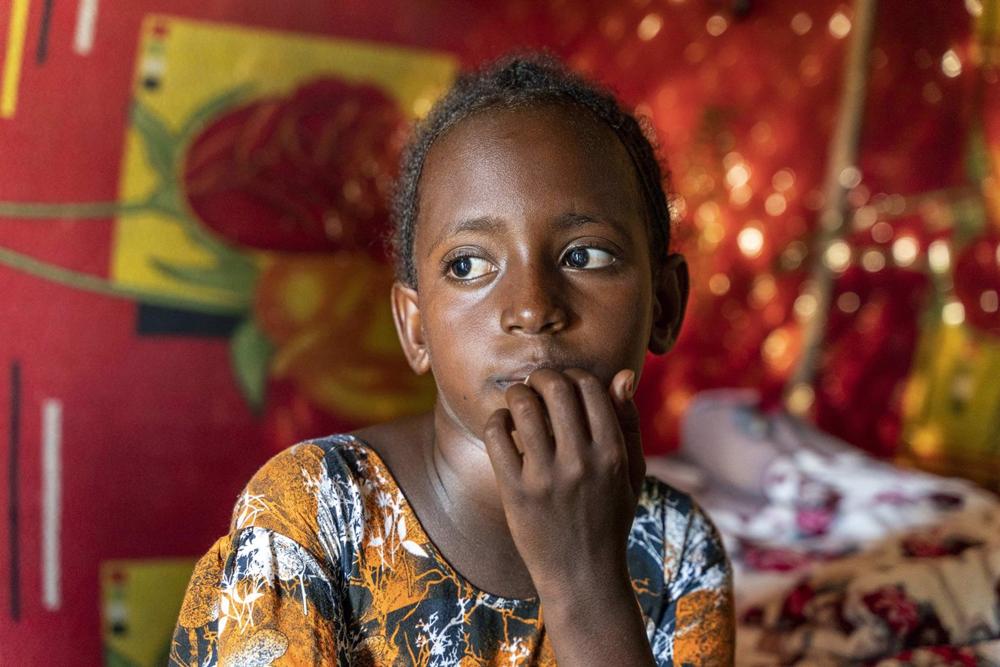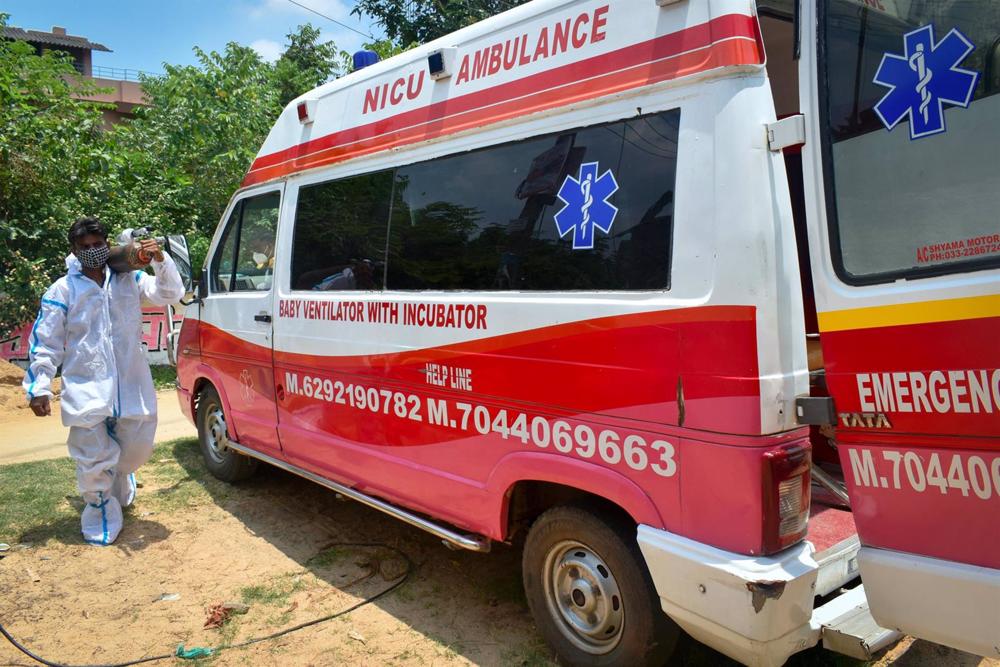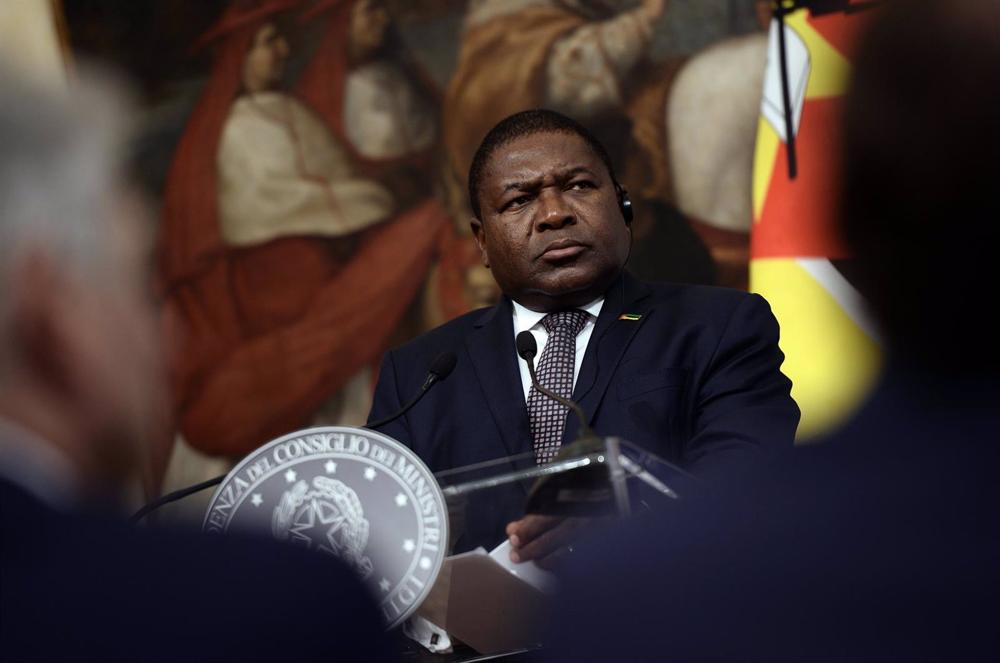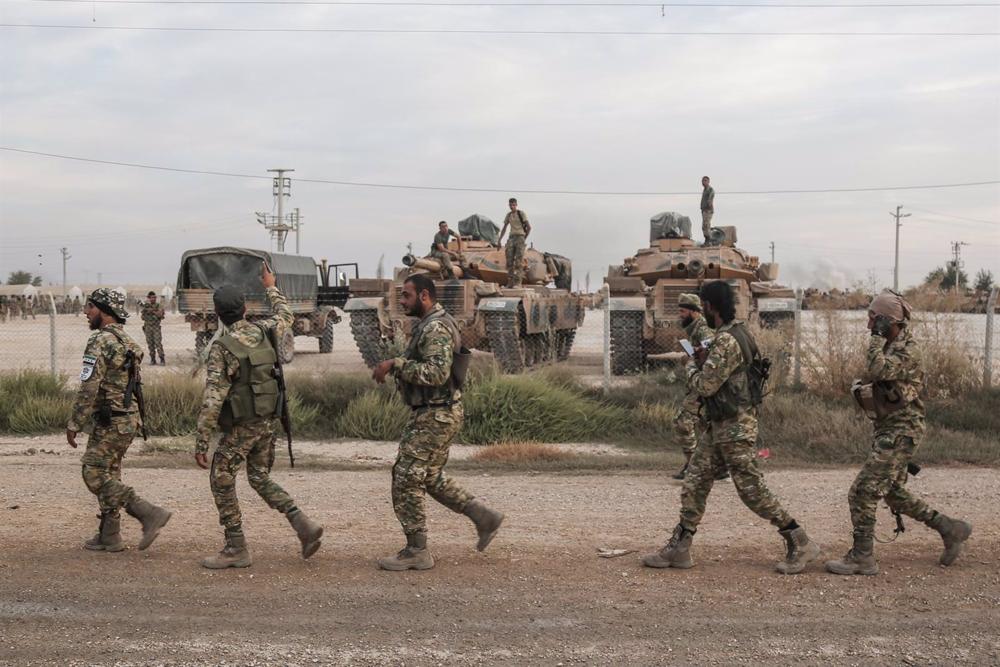
Authorities in Ethiopia’s Tigray region have applauded the delivery of medical supplies to the area following the cessation of hostilities agreement signed in November between the government and the Tigray People’s Liberation Front (TPLF), while stressing that «the needs are enormous.»
«We are grateful that we are being able to do something for our patients,» said the head of the Tigray Health Office, Amanuel Haile, who confirmed that supplies and medicines began entering the region since November 15.
«We want to thank all the UN agencies, international organizations and the Ethiopian Pharmaceutical Supply Agency (EPSA) for what they have started doing. Some of them are doing quite a lot. We hope it will continue to increase,» he said, before specifying that so far «only four international organizations» are delivering supplies in Tigray.
Thus, he has specified that the region now has medicines to treat malaria, in the midst of an outbreak that is «out of control». «We need a lot of help,» Amanuel reiterated, according to the TPLF-linked Tigrai TV channel on its Facebook account.
The United Nations High Commissioner for Refugees (UNHCR) confirmed on Friday «a major change in humanitarian access» in northern Ethiopia following the cessation of hostilities agreement, signed after more than two years of conflict in the Tigray region.
«Since the signing of the peace agreement we have seen a big change in humanitarian access and in our ability to move crucial assistance to Tigray,» said UNHCR’s representative in Ethiopia, Mamadou Dian Balde, who detailed that 61 trucks with 2,400 tons of aid, including medicines, shelter materials, blankets, household goods and 20,000 liters of fuel, have been shipped so far.
The conflict in Tigray erupted in November 2020 following a TPLF attack on the main army base in Mekelle, after which the government of Prime Minister Abiy Ahmed ordered an offensive against the group following months of political and administrative tensions, including the TPLF’s refusal to recognize an electoral postponement and its decision to hold regional elections outside Addis Ababa.
The TPLF accuses Abiy of whipping up tensions since coming to power in April 2018, when he became the first Oromo to accede to office. Until then, the TPLF had been the dominant force within Ethiopia’s ruling coalition since 1991, the ethnically-supported Ethiopian People’s Revolutionary Democratic Front (EPRDF). The group opposed Abiy’s reforms, which it saw as an attempt to undermine its influence.






